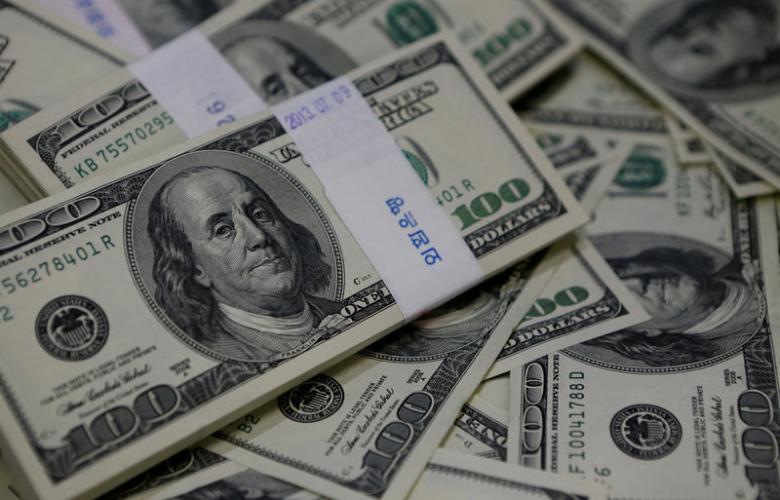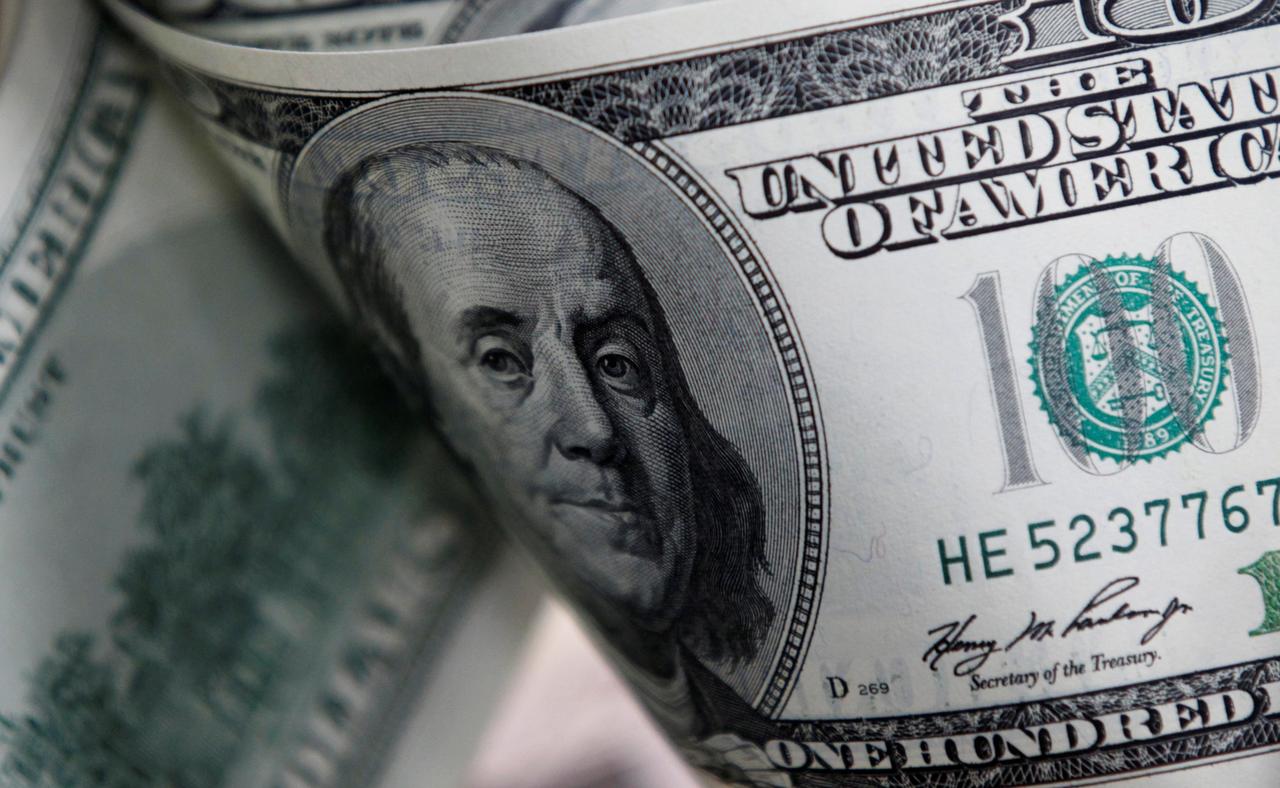
The Egyptian pound held steady at an official foreign currency auction on Thursday and was stable on the black market, as the central bank outlined changes to its allocation mechanism at its regular dollar auctions.
Egypt, which is depends on imports of food and energy, is facing a dollar shortage and mounting pressure to devalue the pound. The central bank surprised markets when it strengthened the pound on Nov. 11 by 20 piasters against the dollar.
On Thursday, it sold 39.3 million dollars at a cut-off price of LE7.7301 to the dollar, unchanged from Tuesday, with a pro-rata of 35.71 percent.
The official rate is still far from the black market, which was trading around LE8.53 to the dollar on Thursday, two traders said, unchanged from Tuesday.
Egypt's reserves have tumbled from $36 billion in 2011 to $16.4 billion in October and the country has been rationing dollars through weekly dollar auctions to banks, keeping the pound artificially strong.
On Tuesday, the central bank said it had changed the way it allocated dollars at its foreign exchange auctions. It sold $39.4 million to banks with a pro-rata of 57.14 percent, meaning it provided fewer banks with dollars but at higher allocations.
Just as at Tuesday's auction, bankers said that not all banks received dollars at Thursday's auction. Previously, banks in Egypt had been accustomed to receiving a regular quota of dollars at each foreign currency sale.
Five bankers told Reuters the central bank sent a statement on Thursday, explaining its new mechanism for the allocation of dollars. It said allocations will be based on how effective banks are at providing foreign currency to the local market.
It said the new mechanism will assess the ability of banks to extend credit facilities in foreign currency to cover their clients' needs for foreign currency and stressed that the priority is to cover basic goods.
The statement also cited as a factor the breadth of banks' coverage of foreign currency to include a wider range of clients, especially smaller clients.
Bankers said the central bank's statement does not provide more clarity to the market, which is confused by the new allocation mechanisms.
"The statement is very vague. This does not clarify anything and we still don't know how the allocations will be made," one banker said.
The country has been starved of foreign currency since a popular uprising in 2011 ousted autocrat Hosni Mubarak and drove tourists and foreign investors away.
In February, the central bank imposed capital controls, limiting dollar-denominated deposits to $50,000 a month in an attempt to fight the black market. The move caused problems for importers, who could no longer source their foreign currency needs.




